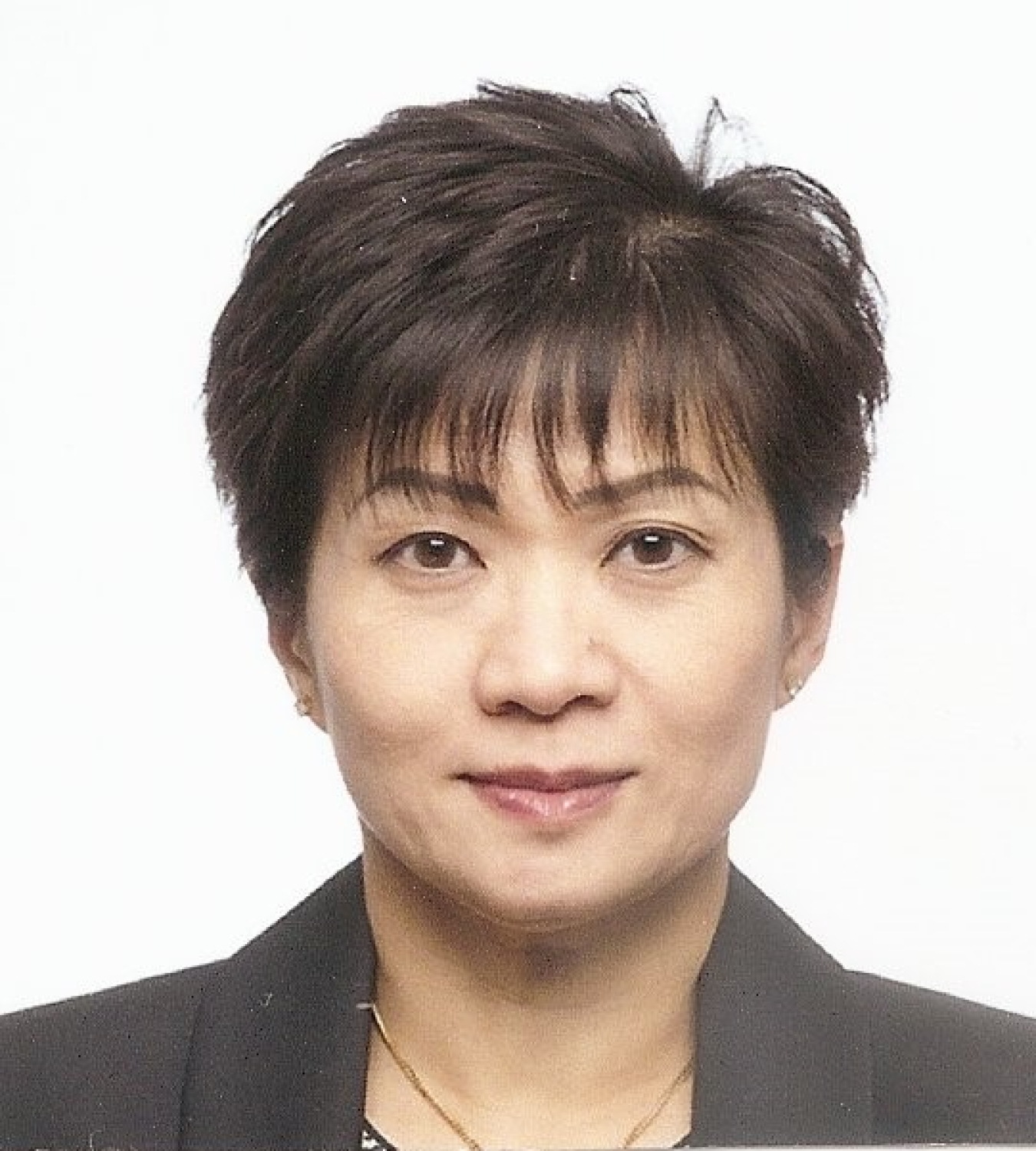There’s no better time than Exascale Week to honor our director of Advanced Simulation and Computing, Thuc Hoang. Her incredible supercomputing expertise and leadership go all the way back to the origins of our stockpile stewardship program.
National Nuclear Security Administration
October 20, 2022
There’s no better time than Exascale Week to honor our director of Advanced Simulation and Computing, Thuc Hoang. Her incredible supercomputing expertise and leadership go all the way back to the origins of our stockpile stewardship program. Thuc also shares her wisdom on the various education opportunities that NNSA employees can pursue to develop their career and knowledge base, all while carrying out the Defense Programs’ mission.
How do you support NNSA?
I’m the director of the Office of Advanced Simulation and Computing & Institutional Research and Development Programs. The ASC program provides high-performance simulation capabilities and computing resources to support the annual stockpile assessment and certification process; study advanced nuclear weapons design and manufacturing processes; and analyze accident scenarios and weapons aging. Additionally, we develop the modeling and simulation tools to enable warhead Life Extension Programs and the resolution of stockpile surveillance investigations. The office also oversees the management and evaluation of NNSA's laboratory and site directed research and development programs.
How did you become interested in the field you are in? How did you end up on this career path to this point?
I got interested in my field because I enjoyed learning math in high school, but I wasn’t sure if I could earn a decent living as a mathematician. I ended up majoring in electrical engineering with a math minor, because the EE curriculum at Virginia Tech covered vast and diverse technical focus areas. I gradually discovered myself to be more of a generalist, instead of a specialist, so I took various introductory courses such as material science, alternate energy, thermodynamics, microelectronics, photonics, quantum physics, etc.
My basic but broad knowledge base of these subject areas helped me land a program management job in the Defense Programs Office of Technology Transfer as deputy and then program manager of the Microelectronics and Photonics portfolio (1994-1995). During this period, the DP senior leadership team was formulating the establishment of the Stockpile Stewardship Program, which included a high-performance computing component. In October 1995, the Technology Transfer Computer Architecture portfolio evolved into the Accelerated Strategic Computing Initiative program. Because of my EE background, I was asked by the first ASCI director to transfer to his office; ASCI became the Advanced Simulation and Computing (ASC) program in 2005. Overall, I have been working for ASCI/ASC for the past 26 years.
What’s one of your favorite things about working at NNSA?
My favorite thing about working in Defense Programs is the people at HQ and the national labs that I interact with daily, because everyone treats each other with respect and open-mindedness as we work together on interesting technical projects to achieve DP missions – regardless of age, or title.
What are the characteristics of the best teams you have been on?
To me, the important characteristics are being frank and honest with each other, maintaining respect for each other especially when having technical disagreements, and most importantly honoring your commitments in a timely manner especially when others depend on you.
What advice would you give someone who wants to do what you do for NNSA?
I would say that NNSA is a great place for young people in general, and women specifically, who have a diverse educational background and want some semblance of a work-life balance. When I accepted the DOE job offer for the 2.5-year DP Technical Internship Program in July 1992, I was especially attracted to one benefit that allowed me to take 18 months of leave with full pay to do graduate schooling after the internship concluded. NNSA also has the Academic Degree Program, a version of which I participated in before I started my formal graduate schooling, and I do encourage my young staff members in the office to apply now to continuously improve their education and knowledge. Lastly, NNSA is such a large organization with many great missions, which allows employees to move from one office to another to find the best fit.
What do you like to do in your spare time?
Aside from spending time with my family, I enjoy playing tennis and taking yoga, kickboxing, and Pilates classes at my gym.

